I have written before about his exploits, but what really brings a story to life is a family connection. Therefore I was delighted to be contacted by his great grandson Colin Taylor, who recently sent me these fantastic photos. This is the gold medal won when Joe captained Queen's Park to victory in the 1876 cup final, when Third Lanark were beaten in a replay.
Although this is not the oldest winner's medal in existence - the Scottish Football Museum has JJ Thomson's silver medal from 1874 - it does bear witness to the rapid growth of the game in Scotland, being made of gold and with the Scottish FA's new crest engraved on the front.
Notably, he travelled to London in March 1872 to play against Wanderers in the FA Cup semi-final, when Queen's Park shocked the football establishment by holding the hosts to a 0-0 draw. He played in the first international later that year, and went on to captain Scotland against England in 1875 and 1876, in addition to his club successes.
He gave up playing football in 1877 but remained closely involved with Queen's Park and was elected club President for 1878/79. He worked as a clerk for a drapery wholesaler and all was well until 1885 when he was struck down by the first signs of tuberculosis. He went to New Zealand for six months to try and clear his lungs with sea air, which worked for a time but in the days before antibiotics it was really only a matter of time before he succumbed. He died in October 1888 at his home in Victoria Terrace, close to Hampden Park, and laid to rest in Cathcart Cemetery, where you can still see his memorial.
After he died, Joe Taylor's obituary in the Glasgow Herald left no doubts about his standing: 'To the older school of players and followers of the game, that gentleman was known as the embodiment of everything that was best, purest and most manly in a football player.'
He was held in such high regard that Queen’s Park played a benefit match against Third Lanark on 5 January 1889, attracting around 7,000 spectators to Hampden and raising over £100. The club then added £50 to the fund for his family, an enormous sum which assured his sons' future (and meant they would never have to sell his medals).
You can read the stories of all the early internationalists in my book First Elevens.
UPDATE - APRIL 2024
Joseph Taylor's grave at Cathcart Cemetery has been restored. Check out the story: https://www.scottishsporthistory.com/sports-history-news-and-blog/scottish-football-pioneer-joseph-taylors-grave-restored
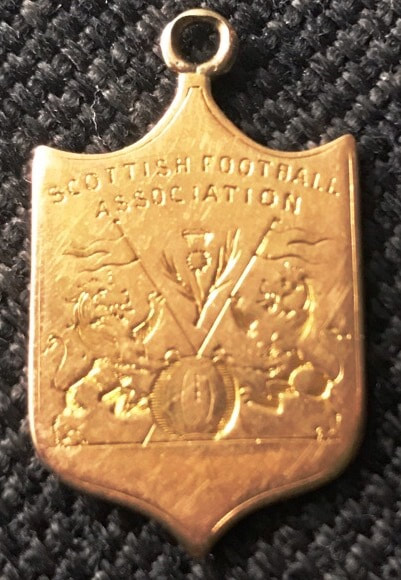
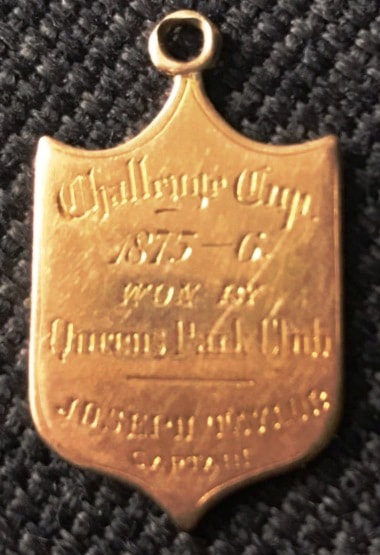
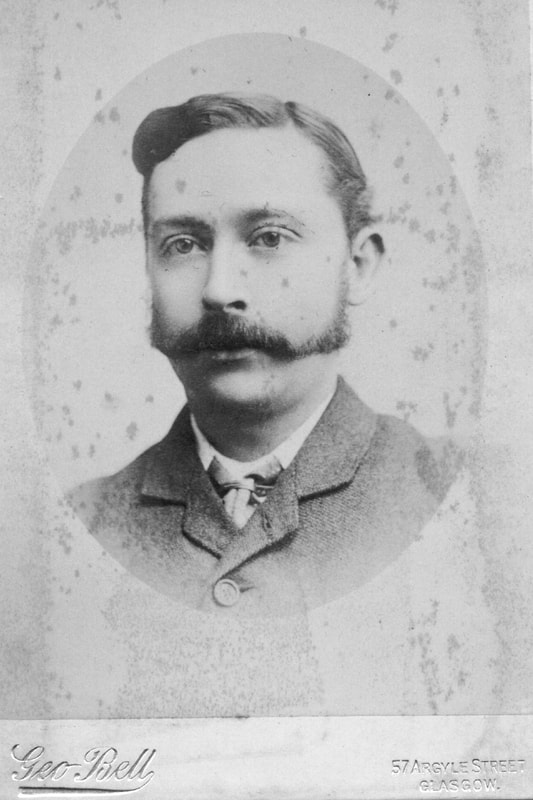
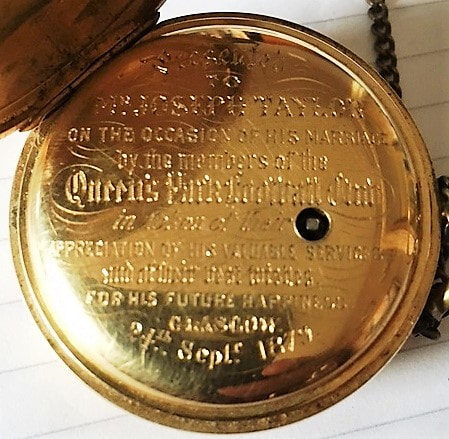
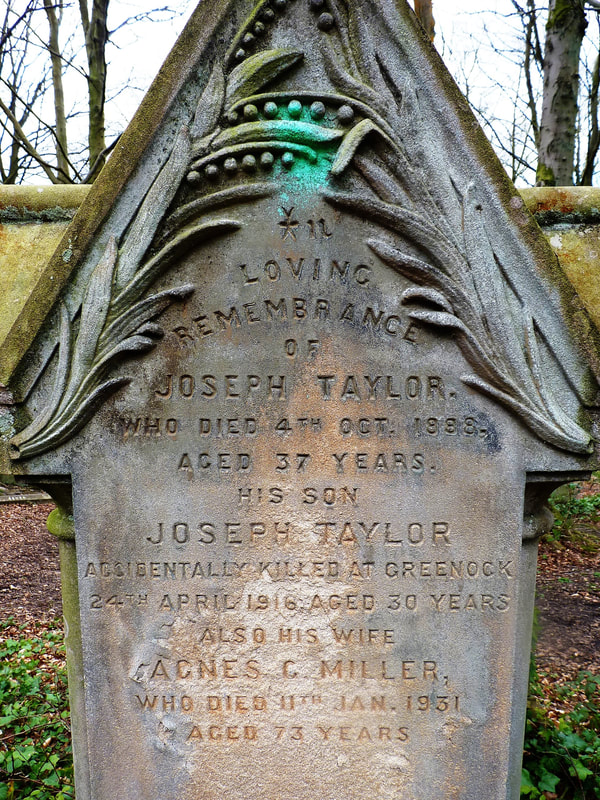
 RSS Feed
RSS Feed